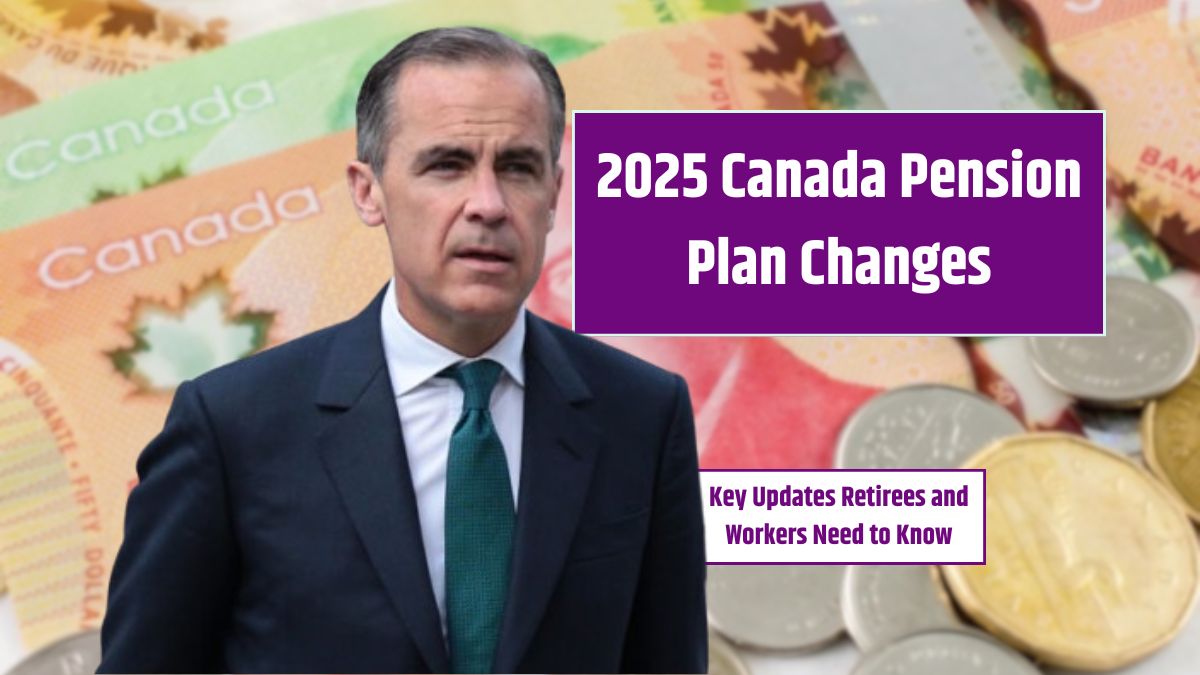The UK’s retirement framework is undergoing a significant transformation as the government looks to raise the state pension age in response to longer life expectancy and tightening public finances. While many had planned for retirement at 67, a growing number of people could find themselves working into their late 60s—or even beyond. These shifts will reshape how millions plan for their financial futures.
Table of Contents
What’s Changing with the State Pension Age?
Currently, both men and women in the UK qualify for the state pension at age 66. However, under legislation from the Pensions Act 2014, this is already scheduled to rise to:
- 67 by 2028
- 68 by 2046
But recent government reviews and economic forecasts suggest that this increase to 68 could be brought forward, potentially arriving as early as 2035.
Planned State Pension Age Timeline (As of June 2025)
| Birth Year | State Pension Age | Estimated Eligibility Year |
|---|---|---|
| Before 1960 | 66 | Already eligible or soon to be |
| 1960–1965 | 67 | 2027–2034 |
| After 1966 | 68 (or higher) | 2034 onward (subject to review) |
The 2023 pension age review proposed reassessing the move to age 68 during the 2041–2043 period, but did not rule out accelerating this schedule in line with economic and demographic trends.
Why the Pension Age Is Rising
Several interconnected factors are driving this policy shift:
- Longer life expectancy: People are living well into their 80s and beyond, meaning the pension must support more years of retirement.
- Pressure on public finances: The state pension is a massive and growing expense for the UK government.
- Changing demographics: With fewer workers paying into the system per retiree, funding the current structure becomes less sustainable.
By raising the pension age, the government hopes to keep the proportion of adult life spent in retirement roughly consistent with previous generations.
Who Will Be Most Affected?
The changes will disproportionately affect younger generations, especially those born after April 1970. Many of them will not reach eligibility until they turn 68 or later, depending on future legislation.
Groups Likely to Feel the Strain:
- Younger workers (born in the 1980s and 1990s), who will need to plan for a longer working life.
- Manual laborers and others in physically demanding roles, who may struggle to work into their late 60s.
- Lower-income individuals, who often rely more heavily on the state pension and have fewer private savings.
How This Affects Retirement Planning
With the pension age moving further away, individuals will need to rethink their approach to retirement. It’s not just about how much you save, but also how and when you plan to stop working.
Smart Strategies to Consider:
- Start saving early: Take full advantage of workplace pensions, Individual Savings Accounts (ISAs), and personal pensions.
- Track your state pension: Use the UK government’s online service to monitor your contribution record and forecast.
- Explore phased retirement: Rather than fully stopping work, consider reducing hours gradually.
- Get financial advice: A qualified adviser can help you create a realistic, flexible retirement plan.
Broader Impacts: Employment, Health, and Lifestyle
The rise in pension age will also influence:
- Mortgage and debt repayment schedules
- Health and long-term care planning
- Career planning and job transitions
- Employer practices, including flexible work options and support for aging employees
Employers may need to accommodate older workers with reskilling programs, ergonomic workspaces, and extended health benefits.
Staying ahead of the curve will be crucial as the UK redefines its retirement model. By starting early, staying informed, and being flexible in your planning, you can better navigate the challenges—and opportunities—of a later retirement age.
Fact-Check
Current State Pension Age is 66 and rising to 67 by 2028
True
- The UK government has legislated that the state pension age will increase from 66 to 67 between 2026 and 2028.
- This is based on the Pensions Act 2014.
Source:
UK Government – State Pension age timetable
FAQs:
Is the state pension age definitely rising to 68?
Yes, it’s legislated to rise to 68 by 2046, but this may be accelerated depending on future reviews.
How can I check my current pension age?
You can check your estimated state pension age at gov.uk/state-pension-age.
Will everyone be affected by the new pension age?
Not immediately. Those born before 1960 are mostly unaffected. Younger generations will bear the brunt of the changes.
























